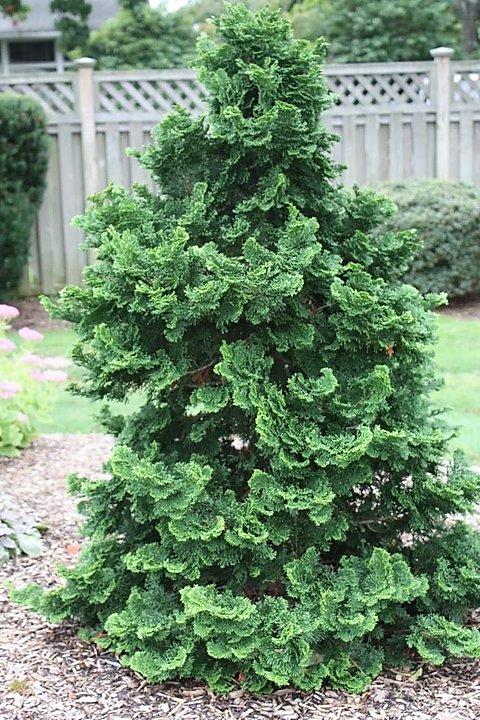Shinrinyoku- an evidence based connection to "forest bathing"
Apr
8
Japanese health care evolving from the Shinto and Buddhist traditions seek to integrate our connection to nature with our physical and spiritual health, and recommends regular “Shinrinyoku”, or “bathing in the forest”. Likewise, Ayurveda seeks to integrate the mind, body and spirit to promote health and wellness.
Today, we can identify two evidence based connections between Shinrinyoku and healthy living. Scientists have found that common evergreen trees such as pine, cedar, oak, and cypress trees emit phytoncides, which are volatile substances that protect against pathogens and insects. Phytoncides possess insecticidal, antimicrobial, and antifungal properties.
The second evidence based property of certain evergreen trees are they contain and emit alpha-pinenes or α-Pinene. A-pinene is an organic compound of the terpene class found in the oils of many species of coniferous trees, such as pine and hinoki (Japanese cypress). This chemical is anti-inflammatory, possibly antimicrobial, and an acetylcholinesterase inhibitor (known to be a memory aid).
The National Institute of Health and the Public Library of Science reported that phytoncides reduced the level of noradrenaline, a stress hormone, in mice. It also cited studies of humans who practiced "forest bathing" showed an increase in the number of natural killer cells and levels of intracellular anticancer proteins when exposed to phytoncides. Hinoki cypress, Chamaecyparis obtusa, is the representative tree of forest bathing, and is popular activity in East Asia. (See https://www.ncbi.nlm.nih.gov/pmc/articles/PMC4666656/ ). The same effect can just as easily be experienced as your weekend walk in the woods or hike in the mountains.
For further evidence of the therapeutic chemical emitted by certain evergreen trees such as hinoki, read our previous blog by Herbsprout contributing writer, Cindy Postma at https://en.bloguru.com/healthtech/365413/hinoki-oil-tests-positive-for-easing
Modern science- based approaches have evolved to include healthy living. It also supports the belief that the fundamentals of even meditation are factors influencing our overall health, such as slowing down, being present, mindful, and conscious in our breathing. In these holistic traditions, the fundamentals of Hinduism and Buddhism are a worthy consideration. For individuals not seeking a replacement to their western traditions, eastern traditions can simply complement your traditionally held beliefs.





